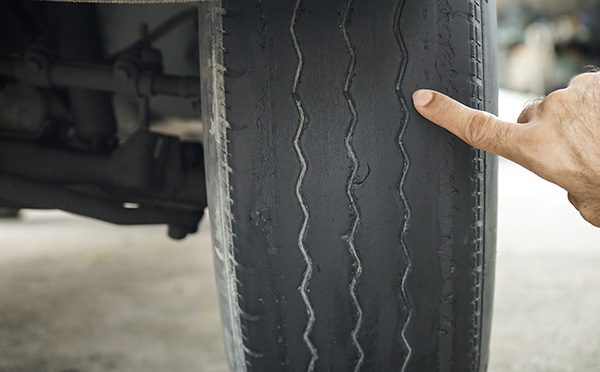
Your car's tires are its foundation, keeping you safe and steady on the road. But what happens when you notice a drop in tire pressure, even though there's no visible puncture? It’s a common issue that leaves many drivers scratching their heads. Understanding why this happens can help you address the problem before it turns into something bigger.
Temperature Changes and Their Impact
One of the most overlooked reasons for a drop in tire pressure is temperature fluctuations. Tires are filled with air, which expands and contracts depending on the temperature. For every 10-degree drop in temperature, tire pressure can decrease by about 1 PSI (pound per square inch). This is why you might notice your tires looking slightly deflated during colder months.
On the flip side, heat causes air to expand. While this doesn’t typically lead to a noticeable increase in pressure, it does put stress on the tire, especially if it’s already underinflated. Regularly checking tire pressure is key, especially during seasonal transitions.
Natural Air Permeation
Did you know that air naturally escapes from your tires over time? This process, called air permeation, occurs because rubber isn’t completely airtight. Air molecules slowly seep through the tire walls, resulting in a gradual loss of pressure.
While this is a normal process, it’s influenced by factors like the quality of the tire and the age of the rubber. Older tires or those made with lower-quality materials tend to lose air more quickly.
Faulty Valve Stems
Valve stems play a critical role in keeping your tires properly inflated. These small components are responsible for sealing the air inside. However, they can wear out over time or become damaged due to debris, road salt, or improper handling.
A compromised valve stem may cause a slow leak that’s hard to detect but will gradually lower your tire pressure. Replacing damaged valve stems is a quick and affordable fix that can prevent ongoing air loss.
Issues with the Tire Bead or Rim
The bead of a tire is the edge that sits snugly on the rim of the wheel. If the bead isn’t sealing correctly, air can escape even if there’s no puncture in the tire itself. This often happens when dirt, rust, or corrosion builds up on the rim, preventing a proper seal.
Similarly, a bent or damaged rim can also lead to slow air loss. Driving on rough roads or hitting potholes can weaken the rim’s structure, making it more prone to air leaks.
Tire Aging and Wear
Tires don’t last forever, and as they age, they become more susceptible to air loss. The rubber in tires degrades over time due to exposure to UV rays, chemicals, and general wear and tear. Cracks and dry rot can develop, creating pathways for air to escape.
If your tires are older than six years, it’s worth considering a replacement, even if they still appear functional.
When You’re in Decatur, GA, or Nearby
For drivers in Decatur, GA, and surrounding areas like Suwanee and Marietta, understanding tire maintenance is especially important, given the varying weather conditions throughout the year. Keeping your tires in check not only ensures a safer ride but also helps maintain fuel efficiency and prolongs the life of your vehicle.
Struggling with low tire pressure? Visit Neighborhood Tire Pros in Decatur, GA, for expert tire inspections and repairs. Contact us today to ensure your tires are road-ready!
- Suwanee Location: Visit us at 2115 Lawrenceville Suwanee Rd, Suwanee, GA 30024 for top-notch automotive services. Book your appointment today!
- Decatur Locations: Come see us at either of our Decatur locations:
- 3589 Memorial Drive, Decatur, GA 30032
- 307 Clairemont Avenue, Decatur, GA 30030
- Schedule your service with our expert team now!
- Marietta Location: For reliable car care, visit us at 557 Johnson Ferry Road, Marietta, GA 30068. Contact us to schedule an appointment!
- Mobile Tire Service: Can't come to us? No problem! Our Mobile Tire Service brings expert care right to your location. Book your mobile service today!